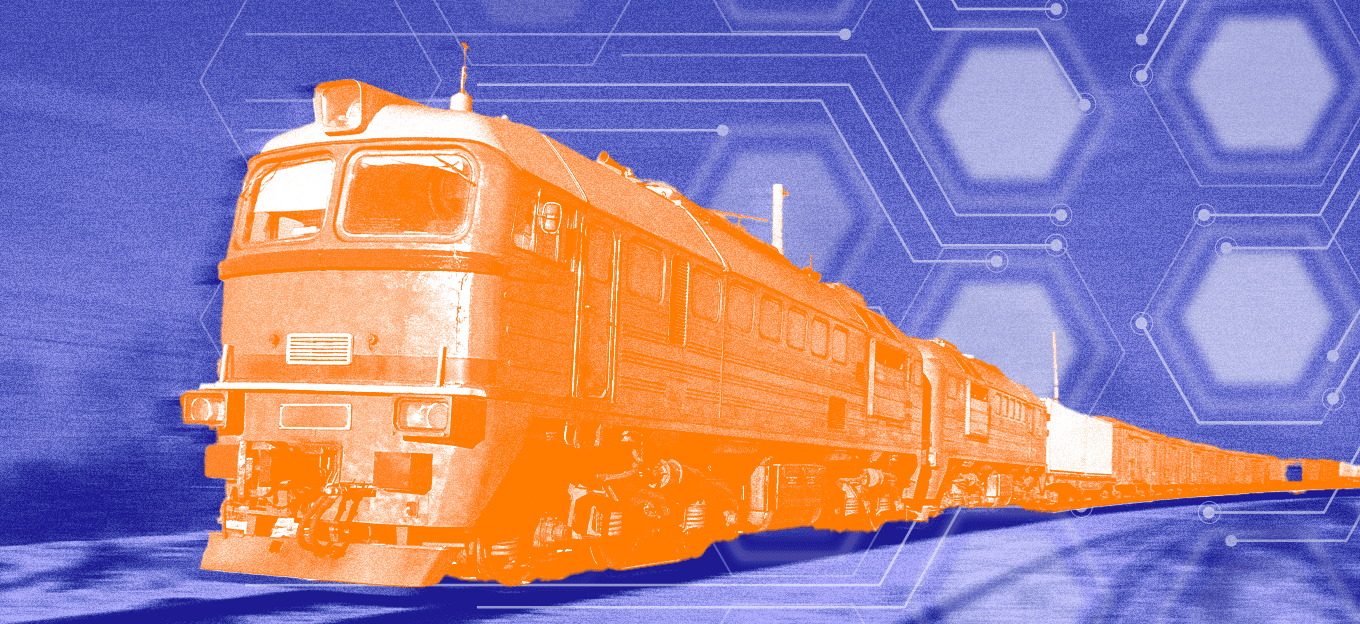Imagining a World Without IoT: Unraveling the Consequences
Imagining a World Without IoT: Unraveling the Consequences
- Last Updated: December 2, 2024
IoT.nxt
- Last Updated: December 2, 2024



In the age of hyper-connectivity and an always-on, connected world, the Internet of Things (IoT) has permeated almost every aspect of our living and working lives. From smart homes to wearable devices, to real-time delivery tracking and connected mines, IoT has revolutionized the way we interact with technology.
Have you pondered what our world would be like without IoT? Let’s do a little thought experiment to unravel some consequences of a world devoid of this intricate web of interconnected devices, insights, and experiences.
"From smart homes to wearable devices, to real-time delivery tracking and connected mines, IoT has revolutionized the way we interact with technology."
Disconnected Convenience
The convenience we have grown accustomed to would be drastically diminished – be it receiving the good you ordered, having fresh food available to you, or being able to control your home or buildings from another country. According to a survey by Ericsson, 53 percent of respondents believe that IoT significantly enhances their quality of life through automated and personalized experiences. Without IoT, these experiences would be lost, leaving us to manually control and manage each aspect of our lives. Let's take a look at just how much would be affected:
Economic Impact
IoT has fuelled significant advancements in various industries, driving economic growth and transforming business models. According to a report by McKinsey Global Institute, IoT has the potential to generate up to $11.1 trillion per year in economic value by 2025. Without IoT, supply chains would become less efficient, industrial monitoring systems less effective, and businesses less capable of responding to consumer demands.
The potential economic impact would be substantial, affecting not just industries directly reliant on IoT, but also the overall productivity and innovation of society – it would mean a constant scramble for critical information on under-performing areas of the value-chain, and an inability to identify and fix process bottlenecks, dated assets, and infrastructure.
Healthcare Challenges
IoT has emerged as a game-changer in the healthcare sector, improving patient monitoring, enabling remote care, and facilitating early detection of health issues. According to a study published in the Journal of Medical Internet Research, remote patient monitoring using IoT reduces hospital readmissions by 38 percent. In a world without IoT, these advancements would be forfeited. Remote patient monitoring would be limited, making it harder to manage chronic conditions. Real-time health data and analytics that save lives today would become a thing of the past.
Buildings & Homes
IoT has revolutionized homes and buildings worldwide, with over 16 billion IoT devices deployed globally, according to IoT Analytics. This interconnected network of devices has brought unparalleled convenience, improved energy efficiency, and heightened security to living spaces, transforming them into smarter, more efficient, and safer environments.
The same construct is being transported into the commercial space, where decision-makers and operators expect the same connectivity, control, and seamlessness from the home, into the workspace, and field of operation. IoT is enabling truly decentralized operations, and smart process management and control, putting the human at the center of an increasingly virtualized world.
Missed Environmental Opportunities
IoT plays a vital role in building sustainable cities, buildings, and environments, to reduce environmental impact. According to a report by the World Economic Forum, IoT-enabled smart grids have the potential to reduce greenhouse gas emissions by 9.1 gigatons of CO2 by 2025.
Smart energy grids, intelligent waste management, and optimized transportation systems are all driven by IoT technology. Removing IoT from the equation would hinder our progress toward achieving a greener and more sustainable world, potentially exacerbating the effects of climate change and resource depletion. IoT is helping organizations realize their ESG (Environmental, Social, and Governance) goals, through the provision of active insights, and controls using technology over paper and compliance checks.
Security & Privacy Concerns
As IoT expands, so do the concerns about security and privacy. According to a study conducted by Ponemon Institute, 83 percent of organizations implementing IoT have experienced a security breach.
However, without IoT, these concerns might take a different shape. The absence of interconnected devices could limit the potential for large-scale cyberattacks targeting critical infrastructure. Privacy concerns would still exist, albeit in different contexts. The lack of IoT might lead to increased reliance on manual data collection, raising questions about personal privacy and data protection.
The Next Chapter
A world without IoT serves as a reminder of the transformative power of technology in our lives. IoT brings numerous benefits, but it also introduces challenges and ethical dilemmas. It is essential to strike a balance between innovation, convenience, and privacy.
By recognizing the potential consequences, we can better appreciate the advancements we enjoy today and make informed decisions to shape a future that is both connected and conscious. Take a minute to think about how IoT could benefit your life. Think about the data, the insights, and the actions you could executive in a world where the physical, is enabled by the virtual.
The Most Comprehensive IoT Newsletter for Enterprises
Showcasing the highest-quality content, resources, news, and insights from the world of the Internet of Things. Subscribe to remain informed and up-to-date.
New Podcast Episode

What is Software-Defined Connectivity?
Related Articles




